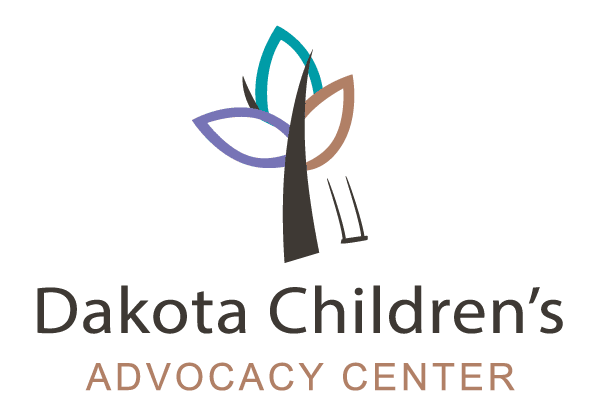What is Evidence-Based Counseling, Practice, Therapy?
Evidence-Based Practice can be best described as the application of research based treatments, that are tailored by an experienced therapist to meet the individual needs, preferences, and cultural expectations of those receiving them. To see a far more nuanced explanation, please keep reading.
If you are like many people, you may have heard the phrase “evidence-based practice” at some point when searching for or receiving healthcare services, including mental healthcare services, but not be sure what this means. Evidence-based practice (EBP) is commonly likened to a three legged stool (Sackett, 2000). You can think of the first leg of the stool as representing the best available clinical scientific evidence. This leg is commonly described as the most important leg of the three legged stool, thus this page includes more information about this leg than the other two legs.
The second leg consists of your values and preferences as a patient. The final leg consists of your provider’s (such as a psychiatrist, psychologist, psychiatric nurse, mental health counselor) own clinical experience. The rationale behind EBP is that your healthcare outcomes will be optimized if all three legs of the stool are taken into account in making decisions about your care. On the surface, EBP makes a lot of sense and is pretty straightforward. However, there are some things you will want to consider in deciding whether or not a given therapist is, in fact, engaging in EBP.
Source: opens in a new windowAssociation for Behavioral and Cognitive Therapies
Types of Therapy
Designed for youth with behavioral or emotional problems related to trauma. Therapists teach coping skills to the parent and child while processing the traumatic event in a safe environment.
Available to caregivers to help them cope with their child’s trauma.
An outpatient group treatment for school-aged children (and their parents) who have engaged in problematic sexual behaviors.
Designed to improve the relationships between children and parents/caregivers in families. It is most suitable for children who exhibit some level of behavioral or emotional dysfunction, and for caregivers who may resort to uncomfortable or unsafe levels of punishment.
Therapy Handouts

Alternatives for Families (CBT)

PCIT

Telehealth

Cognitive Processing Therapy for PTSD

Problematic Sexual Behavior (CBT)
EBT Mini-Trainings
Child and Family Traumatic Stress Intervention (CFTSI)
Learn about this early intervention model, capable of saving time in treatment and number of sessions for children treated in the early stages after a traumatic event, from Carrie Epstein of Yale Child Study Center, the lead developer of CFTSI.
(18 minutes)
Alternatives for Families: Cognitive Behavioral Therapy (AF-CBT)
This model involves both children victimized by physical abuse and their caregivers, first separately, then together, strengthening communication and parenting skills to achieve success. Learn from David Kolko, a developer of AF-CBT.
(21 minutes)
Trauma-Focused Cognitive Behavioral Therapy (TF-CBT)
Learn about this gold-standard treatment, indicated for children of a broad range of ages and maltreatment types, from Anthony Mannarino, one of the developers of TF-CBT.
(16 minutes)
Problematic Sexual Behaviors - Cognitive Behavioral Therapy (PSB-CBT)
Hear from Jane Silovsky, developer of PSB-CBT, on the application of this model designed to treat children who have acted out sexually against other children, preventing up to 98% of all recidivism and protecting their victims from revictimization.
(18 minutes)
